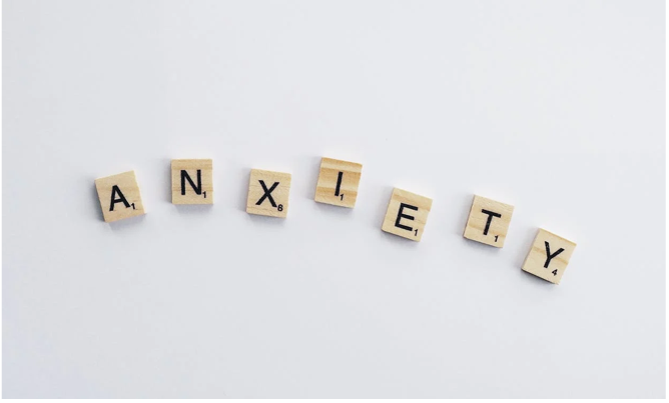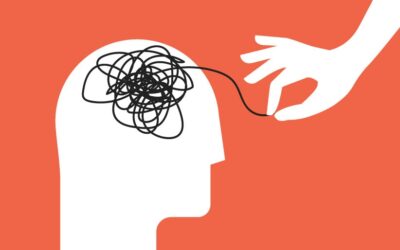Vanesssa Vaughan
3 January 2025 | 5 min read |

This article explores anxiety, its causes, and symptoms and how counselling can help if you are struggling.
What is Anxiety?
Anxiety is a natural human response to a range of different situations, characterised by feelings of worry, fear, or unease. It can range from mild to severe and nearly everyone experiences it at some point.
Typically, it is temporary and subsides once the stressful situation is resolved. Commonly, triggers include significant life events like exams, job interviews, or major changes.
What Causes Anxiety?
Originating from the body’s “fight, flight, or freeze” response—anxiety is a survival mechanism that helps us react to danger. For instance, when we feel threatened, our body releases stress hormones, such as adrenaline and cortisol, which make us more alert. Once the danger passes, the body usually returns to a relaxed state. However, for some, this stress response becomes persistent, therefore affecting daily life and overall well-being.
What Does Anxiety Feel Like?
The experience of anxiety varies from person to person, however, common psychological and physical symptoms include:
Psychological Symptoms:
- Persistent worry or fear, often expecting the worst
- Feeling tense, nervous, or unable to relax
- Difficulty concentrating or making decisions
- Racing thoughts and a sense of dread
Physical Symptoms:
- Shortness of breath or tight chest
- Headaches, dizziness, or nausea
- Dry mouth, increased sweating, and difficulty sleeping
- “Butterflies” in the stomach
- Shaking, loss or gain of appetite
While these physical and psychological responses are part of a natural reaction to stress, it’s important to note that suffering from anxiety long-term can interfere with daily life and may become disproportionate to the actual threat.
Common Causes of Anxiety
Triggers for anxiety vary, but common causes include:
- Stressful life events (e.g., work pressure, relationship problems, financial stress)
- Trauma or unresolved past experiences
- Genetics or a family history
- Health concerns or chronic illness
However, identifying the root cause can make it easier to find effective ways to manage it which, in turn, can lead to better well-being.
How Counselling Can Help
If anxiety feels overwhelming and affects your daily life, therapy can offer valuable support. A professional counsellor can help you explore the underlying causes and develop tailored coping strategies. In addition, counselling offers the following benefits:
- Provides a safe, confidential space to express your thoughts and feelings
- Helps identify triggers and patterns
- Introduces effective coping techniques, such as mindfulness and relaxation exercises
- Increases self-awareness and builds confidence
As a result, counselling can provide long-term relief by addressing both symptoms and root causes, therefore, empowering you to manage stress more effectively.
Final Thoughts
While anxiety is a normal part of life, chronic anxiety can negatively impact mental health and quality of life. Thus, if you’re struggling or finding it hard to relax, talking to a professional can make a significant difference.
Need Help with Anxiety?
If you’re feeling overwhelmed, consider getting in touch for a free 30-minute consultation. Reach out today to start your journey towards feeling more at ease.
Additionally you can find out more about anxiety by visiting the Mind website.
Recent Posts
Low Self-Esteem Counselling in Farnham: Rebuilding Confidence and Self-Worth
Vanesssa Vaughan 5 May 2025 | 5 min read | Are you struggling with self-doubt, insecurity, or a harsh inner critic? You’re not alone. Many people experience low self-esteem, and it can have a significant impact on different aspects of our lives—from relationships to...
Managing Anxiety – Self-care Tips
Vanesssa Vaughan 20 February 2025 | 5 min read | Anxiety is something we all experience from time to time. However, for some, it can become a persistent challenge that negatively impacts daily life. In my previous post, I explored the causes and symptoms of anxiety....
Asking for help
Vanesssa Vaughan 3 January 2025 | 5 min read | The Boy, the Mole, the Fox and the Horse by Charlie Mackesy. This beautifully illustrated book explores the universal themes of love, hope, courage and kindness. The characters remind us that showing our vulnerability...


